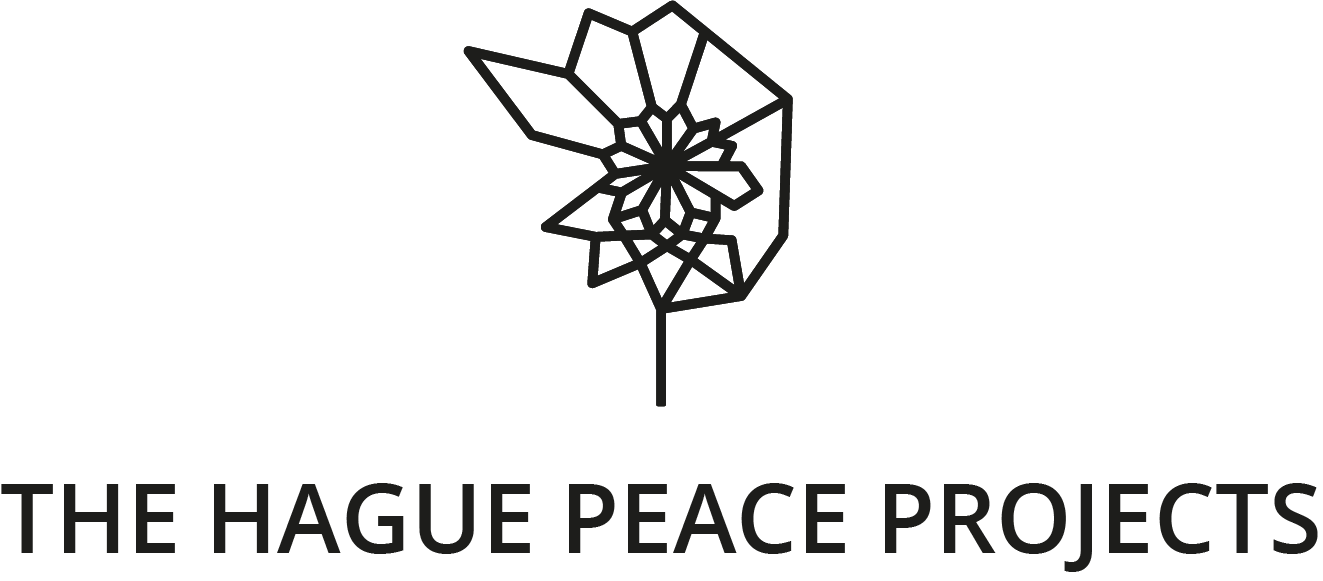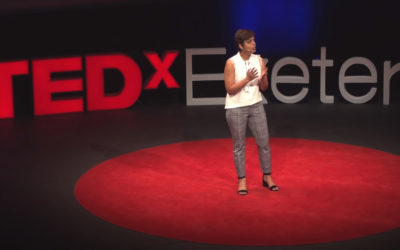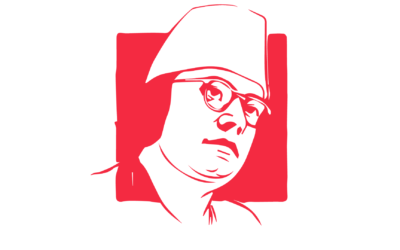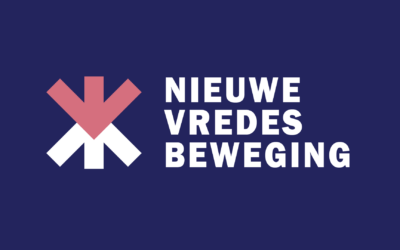Bangladesh in the Human Rights Council:
Why it is Ironic – a Legal Analysis
By Alena Kahle
Bangladesh 2018
On Friday, October 12th 2018, Bangladesh was elected to serve on the Human Rights Council of the United Nations. Countries are frequently rotating within the Council to create a dynamic environment and engage in globally democracy. Hopes are high that the country will revise some of its behavior, and fulfil the expectations of an HRC member. However, it seems ironic that especially Bangladesh should have decision-making powers given its current domestic affairs:
Since the enactment of the Information and Communication Technology (ICT) Act in 2006, countless journalists, reporter, editors as well as professors have been charged with the publishing of defamatory content, and have been sentenced to several years in prison. The nature of the content leading to these alleged “cyber crimes”, however, in no way appears to be defamatory at all. In fact, the comments are generally well-argued criticism on government negligence or religious extremism. Only recently in August 2018, photographer Shahidul Alam was arrested after commenting on the violent suppression of peaceful protests for road safety (2).
Bangladesh’s judicial system itself is subject to serious flaws that impede the fulfilment of both constitutional and international obligations to protect human rights. By ratifying the International Covenant on Civil and Political Rights (ICCPR) on September 6, 2000, Bangladesh was obliged to strive towards and achieve an independent judiciary. Until the 1st of November 2007, however, Bangladesh’s judiciary was not officially separated from the executive (6). Panday and Mollah of the Bangladeshi University of Rajshahi published a paper on the development of the judiciary and assessed that there “was always a tendency of executive government to control the judiciary” (7). As an example, judges at Magistrate Courts, which deal with issues such as the controversial ICT Act, fall into two categories: First, there are those judges that have been appointed not based on their ability, “but by the extent to which they have served the […] political benefit of the appointing party” (7). Second, the executive additionally appoints elected public servants to serve as “administrators-cum-judges” (7). As the former, the appointed judges, can be dismissed by the President at any time if it is in the “public interest”, the livelihood of judges is not secured, whereby their independence cannot be guaranteed (6). Alam, who had been arrested on charges under the ICT Act, pleaded for bail, but a non-independent Magistrate Court refused him such a bail, making way for the conclusion that Alam as well as many other activists have not had access to a fair trial under an independent judiciary.
The ICT Act itself was passed in 2006 with the purpose to close the “digital divide” within Bangladeshi population, and to ensure access to credible information (3). However, already brief observation shows that there is a “disconnect between the government’s Digital Bangladesh policy direction and the draconian features of the ICT Act and regulations” (3). The Act’s Section 57 reads:
(1) If any person deliberately […] causes to be published […] in electronic form any material which is fake and obscene or its effect is such as to tend to deprave and corrupt persons who are likely, having regard to all relevant circumstances, to read, see or hear the matter contained or embodied in it, or causes to […] prejudice the image of the State or person or causes to hurt or may hurt religious belief or instigate against any person or organization, then this activity of his will be regarded as an offence.
(2) Whoever commits offence under sub-section (1) of this section he shall be punishable with imprisonment for a term which may extend to maximum 14 years and minimum 7 years […].
Despite already harsh criticism, the Act was amended on October 6, 2013 to become even stricter in what material may be published, what constitutes a cyber crime, and what measures can be taken against such crimes (4). Alam, for instance, was arrested under the revised provisions without a warrant, and cannot plead for a bail (3).
The following commentary accurately sums up what Section 57 thus means for the freedom of speech:
[It] appears that even any innocent online posting can become a cyber crime, if the authority believes that it has provoked a third person to become derailed or dishonest. In other words, the crime doesn’t depend on the offensive or illicit nature of the posted material. It depends on the readers’ or viewers’ personality and attitude. (5)
Although the Constitution under Article 39, as well as the ICCPR, guarantee Freedom of Expression, Speech and Press, both allow for restrictions to be made if these are “reasonable”. By this, the lawmakers meant to make room for situations in which the following are at risk:
• Public Order. This can be defined as “the sum of rules which ensure the functioning of society […]” (5).
• Public Safety. This can be defined as “protection against danger to the safety of persons, to their life or physical integrity or serious damage to their property” (5).
• Public Health. In situations, for instance, in which there is a severe risk for contamination with an epidemic, states may restrict their population’s freedom of assembly.
It is important to highlight that these reasons may not “be used for imposing vague or arbitrary limitations and may only be invoked when there exist adequate safeguards and effective remedies against abuse” (5). As the ICT Act seriously restricts Freedom of Speech, its purpose would have to fulfill the criteria laid out above, which it arguably does not. Critics additionally argue that the limitation of freedom of speech does not immediately mean limiting every expression of it (5). Although Justice and Parliamentary Affairs Minister Anisul Huq claimed in May 2017 that an explanatory clause would be added to the controversial Section 57, opponents maintain that the Article cannot be revised, but has to be omitted (1).
References:
(1) Shubhra Adhikary, Tuhin. “The Trap of Section 57.” The Daily Star, July 07, 2017.
(2) “Bangladesh: Photographer Shahidul Alam Denied Bail in ‘cruel Affront to Justice’.” Amnesty International UK. September 11, 2018.
(3) Hussain, Faheem, and Mashiat Mostafa. “Digital Contradictions in Bangladesh: Encouragement and Deterrence of Citizen Engagement via ICTs.” Information Technologies & International Development 12, no. 2, 47-49.
(4) “Bangladesh: Information and Communication Technology Act Draconian Assault on Free Expression.” International Commission of Jurists. November 20, 2013.
(5) Badruzzaman, Mohammad. “Controversial Issues of Section-57 of the ICT Act, 2006: A Critical Analysis and Evaluation.” IOSR Journal Of Humanities And Social Science, II, 21, no. 1, 64-68.
(6) Hossain Mollah, Awal. “Independence of Judiciary in Bangladesh: An Overview.” International Journal of Law and Management 54, no. 1, 66-69.
(7) Panday, Pranab, and Md. Awal Hossain Mollah. “The Judicial System of Bangladesh: An Overview from Historical Viewpoint.” International Journal of Law and Management 53, no. 1, 6-31.





